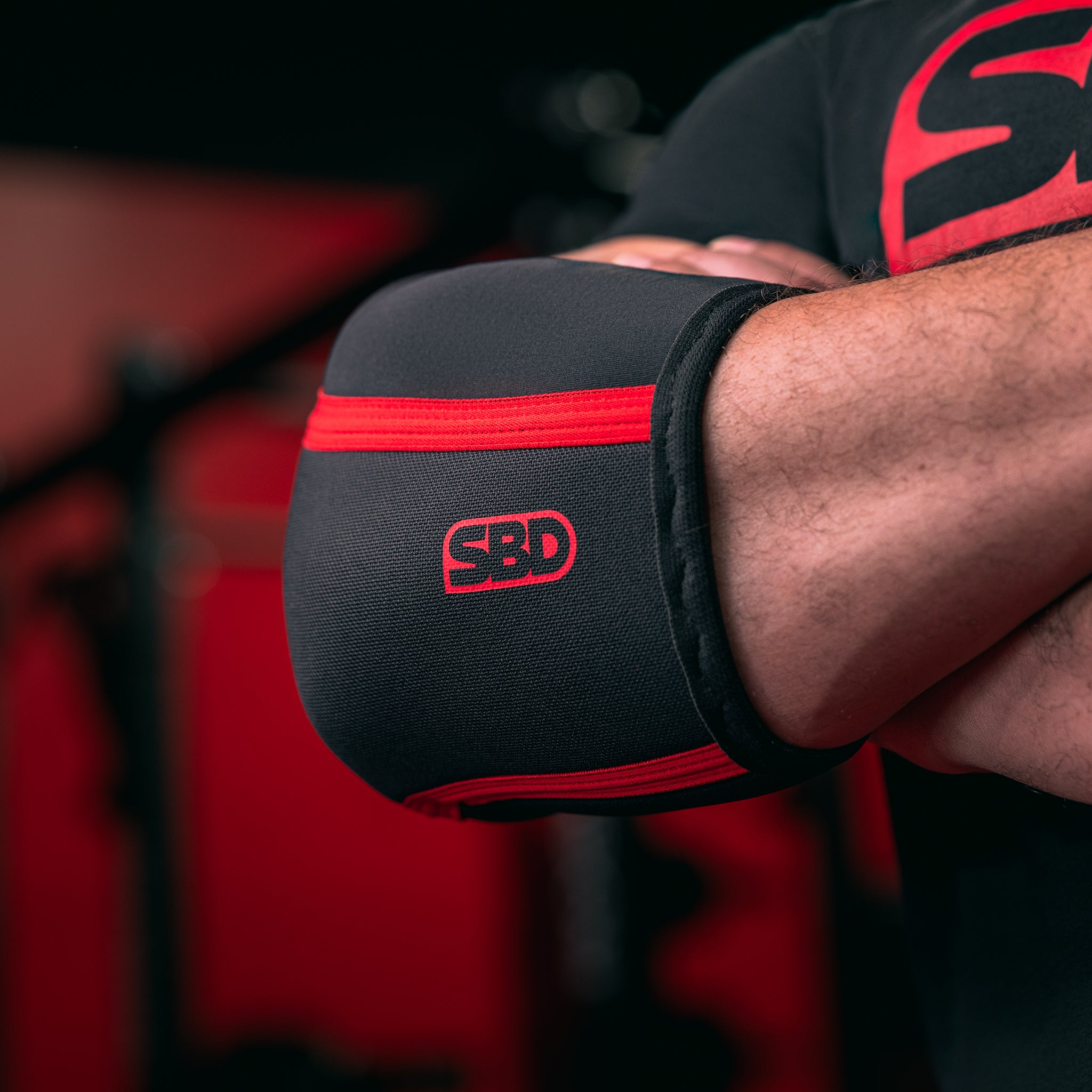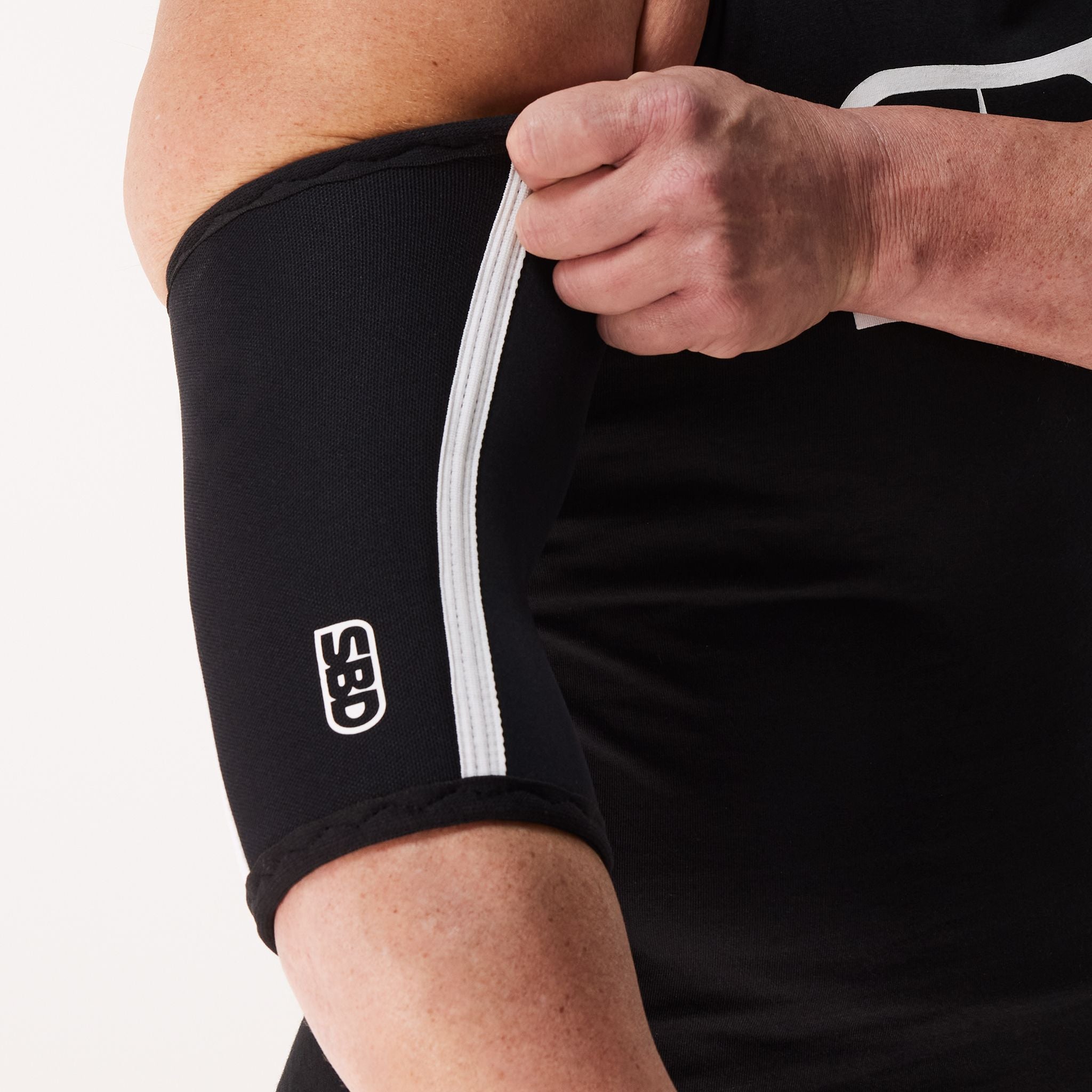Benefits of Proper Warm-Up
A structured warm-up routine is critical for enhancing strength and performance in the bench press. Here are some key benefits:
-
Increased Blood Flow: Warming up ensures that oxygen-rich blood reaches your muscles, improving endurance and reducing stiffness.
-
Enhanced Mobility: Dynamic movements help increase the range of motion in the shoulders, chest, and triceps.
-
Injury Prevention: Properly warming up reduces the risk of shoulder and elbow injuries.
-
Stronger Muscle Activation: Engaging supporting muscles before lifting maximises performance.
Common Mistakes to Avoid
-
Skipping the Warm-Up: Jumping straight into heavy sets can lead to poor form and injuries.
-
Excessive Static Stretching: Holding long static stretches can decrease power output.
-
Not Activating Key Muscles: A good warm-up targets all supporting muscles involved in the bench press.
Physiological Science Behind an Effective Warm-Up
How Muscles React to Warm-Ups
During a warm-up, muscles become more pliable, reducing stiffness and increasing contraction efficiency. This helps in maintaining better form and control throughout the lift.
Neuromuscular Activation and Strength Gains
The nervous system plays a key role in muscle recruitment. Activating the central nervous system (CNS) before lifting helps improve reaction time and explosive strength, leading to a more powerful bench press.
Best Dynamic Warm-Up Drills for Bench Press
Shoulder Mobility Drills
Arm Circles
-
Perform small to large circles for 30 seconds forward and backward.
-
Enhances shoulder joint mobility and blood circulation.
Banded Pull-Aparts
-
Hold a resistance band with both hands and pull apart while keeping elbows locked.
-
Targets rear delts and improves scapular stability.
Chest Activation Drills
Push-Up Variations
-
Start with slow tempo push-ups to engage the chest.
-
Perform explosive push-ups to activate fast-twitch muscle fibres.
Resistance Band Chest Openers
-
Using a resistance band, pull the arms apart to stretch the chest muscles.
-
Improves flexibility and preps the pecs for heavy pressing.
Triceps and Elbow Preparation
Overhead Triceps Extensions
-
Use a light resistance band to stretch the triceps.
-
Prepares the elbows for pressing movements.
Light Dumbbell Skull Crushers
-
Perform with very light weights to activate the triceps without fatigue.
Core Engagement Exercises
Planks and Side Planks
-
Hold for 30 seconds to 1 minute to improve core stability.
-
Helps in maintaining a tight bench press setup.
Hanging Leg Raises
-
Engages the lower abs, reinforcing a stable pressing position.
Static vs Dynamic Warm-Ups: Which is Better?
When to Use Static Stretching
Static stretching is best used after training to improve flexibility and aid recovery.
Why Dynamic Warm-Ups Improve Strength
Dynamic movements enhance blood flow, joint mobility, and neuromuscular coordination, which are all essential for optimal bench press performance.
Priming Your Central Nervous System (CNS) for Maximum Performance
Explosive Push-Ups
Perform 3-5 explosive push-ups before lifting to activate fast-twitch muscle fibres.
Plyometric Drills
Engaging in medicine ball slams or clap push-ups improves power output.
How to Incorporate Speed Reps
Speed reps (lighter weight with explosive reps) help fire up the CNS, making heavier sets feel more manageable.
Pre-Bench Press Mobility Routine (Step-by-Step Guide)
5-Minute Full-Body Activation Plan
-
Arm Circles - 30 sec each direction
-
Banded Pull-Aparts - 15 reps
-
Push-Ups - 10 slow reps
-
Overhead Triceps Extensions - 10 reps
-
Plank Hold - 30 sec
Sample Warm-Up Routine Based on Training Level
Beginner
-
5-10 minutes of dynamic stretching
-
2 light warm-up sets with the bar
Intermediate
-
10 minutes of mobility drills
-
3 progressive warm-up sets
Advanced
-
CNS activation with plyometrics
-
Speed reps before working sets
Common Myths About Warm-Ups and Strength Training
Myth: More Warm-Up Sets = Better Lifts
Over-warming up can cause fatigue, reducing overall strength output.
Myth: Static Stretching Weakens Performance
Static stretching before lifting can temporarily reduce muscle tension, impacting power.
Myth: Cardio is Enough for Warming Up
While cardio increases blood flow, it doesn’t activate specific muscles for bench pressing.
FAQs About Bench Press Warm-Up Drills
How long should a bench press warm-up last?
A good warm-up should last 10-15 minutes, including mobility work and activation exercises.
Should I warm up with the bar or weights first?
Always start with the empty bar before progressing to heavier warm-up sets.
Is stretching bad before bench pressing?
Static stretching before lifting is not ideal. Focus on dynamic warm-ups instead.
What’s the best warm-up for injury prevention?
A combination of mobility drills, activation exercises, and light warm-up sets works best.
Can I skip warming up if I feel ready?
Skipping a warm-up increases the risk of injury and reduces performance potential.
How can I make my warm-up more effective?
-
Focus on dynamic movements.
-
Include CNS activation drills.
-
Progress gradually to working sets.
Conclusion: Elevate Your Bench Press with Proper Warm-Ups
A structured warm-up is non-negotiable for maximising strength and preventing injuries. By incorporating dynamic drills, mobility exercises, and CNS activation, lifters can ensure optimal performance in the bench press.


































